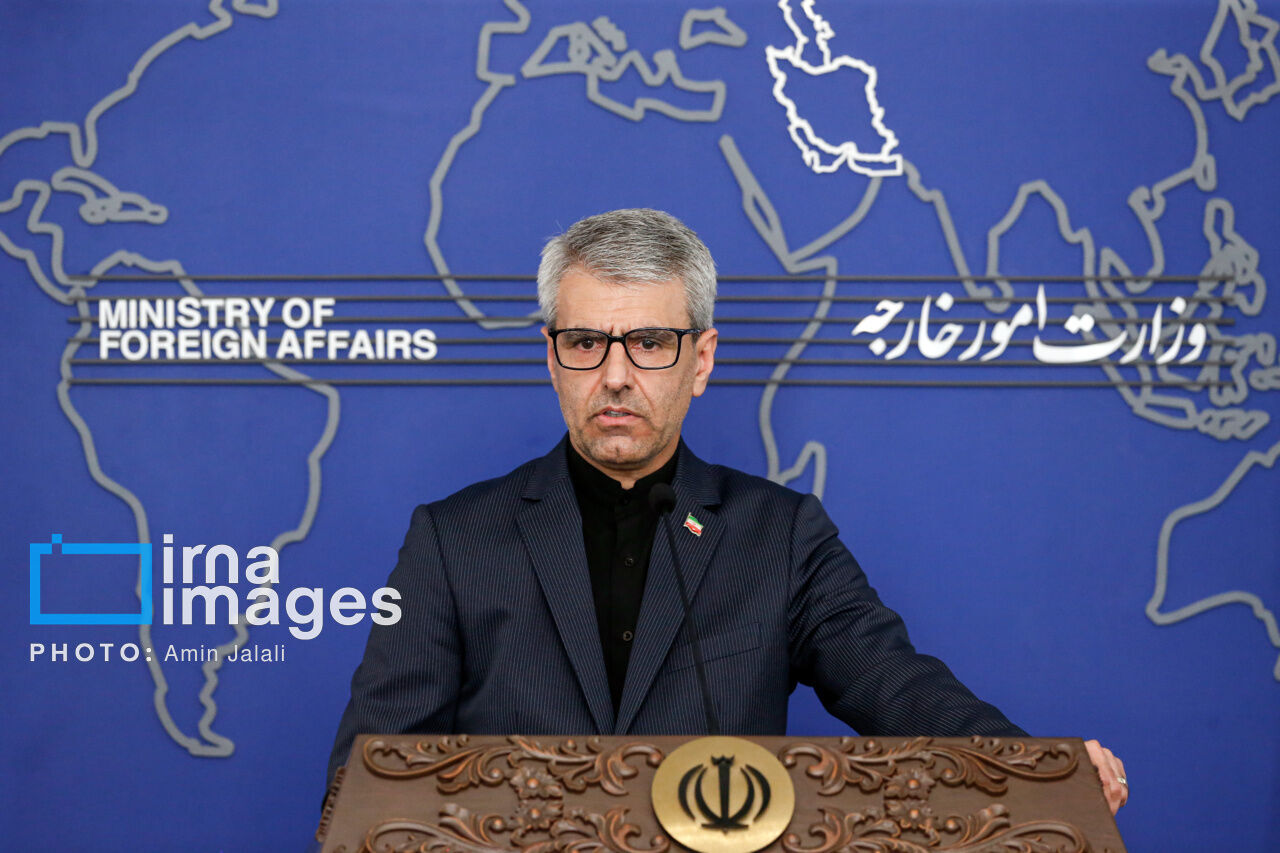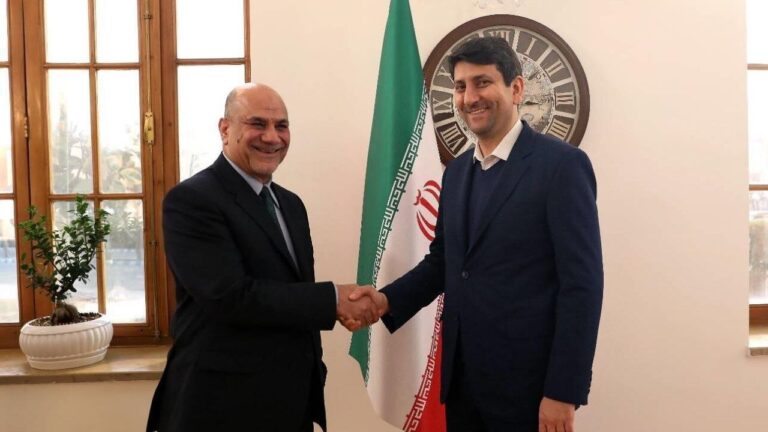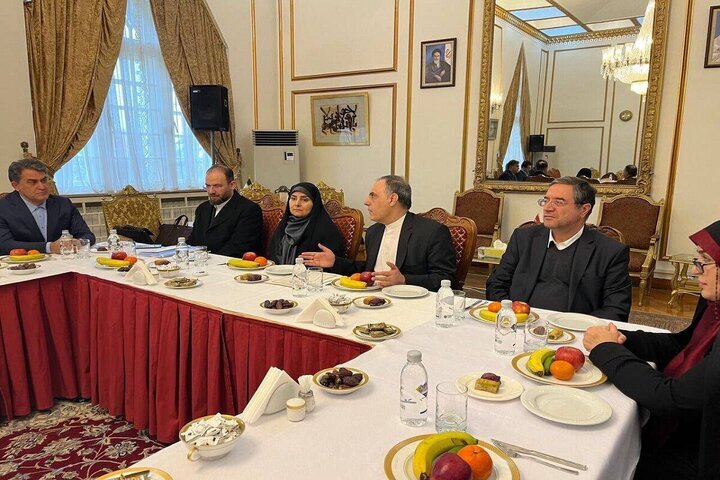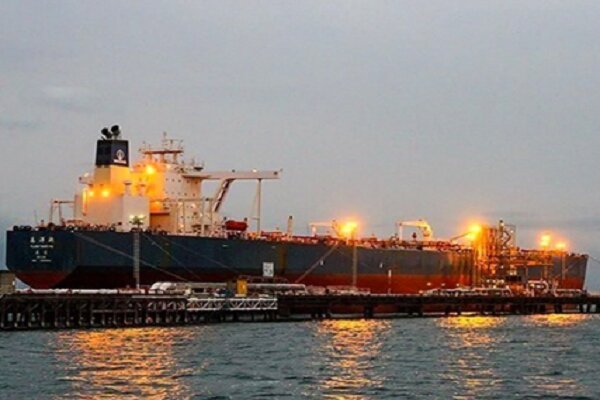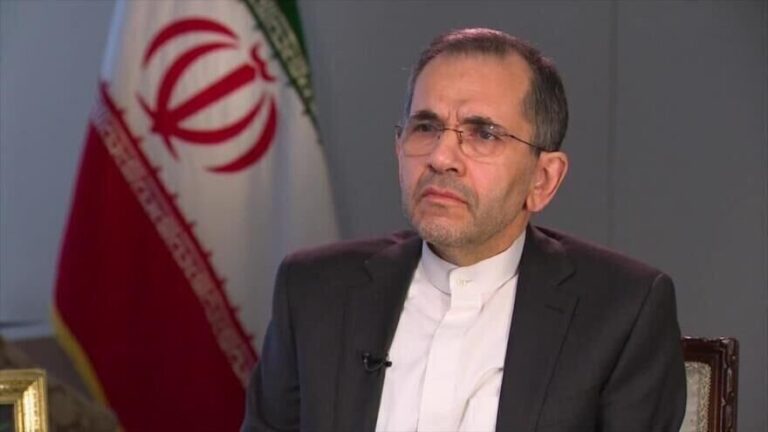Iran Urges Germany to Investigate WWII-Era Chemical Weapons Supply to Iraq
In a recent statement, Foreign Ministry spokesperson Esmaeil Baqaei called on Germany to “establish a mechanism to uncover the truth” regarding its involvement in “arming Iraq with chemical weapons” during the era of Saddam Hussein. This call comes as the world observes the anniversary of the Chemical Weapons Convention’s implementation.
Baqaei emphasized the importance of transparency, stating, “Revealing the truth is the prerequisite for the realization of justice.” He highlighted that understanding the contributions of those who provided materials and technologies for Saddam’s chemical weapons program is a critical priority for the Iranian Foreign Ministry.
He further asserted that Iran has formally requested Germany to clarify its role in the provision of chemical weapons to Iraq. “Iran’s demand that Germany establish a mechanism to uncover the truth and inform both Iranian and international public opinion about its role in arming Iraq with chemical weapons is a direct expression of that pursuit,” Baqaei added.
Commemorated annually on April 29, the Chemical Weapons Convention represents a significant milestone in international law dedicated to preventing the proliferation and use of chemical weapons. During the brutal Iraq-Iran War from 1980 to 1988, the Iraqi military utilized chemical weapons extensively against Iranian forces and civilians, resulting in catastrophic consequences.
- The former Iraqi regime conducted over 500 chemical weapon attacks against Iranian targets.
- These assaults involved a variety of toxic agents, including mustard gas, nerve agents, and choking agents, marking some of the first uses of chemical warfare in modern conflict.
- At least 10,000 Iranians lost their lives, while more than 107,000 civilians, including women and children, sustained injuries.
One of the most infamous incidents occurred on June 28, 1987, when the Saddam regime unleashed mustard gas bombs on Sardasht, a small city in Iran’s West Azarbaijan Province. This attack resulted in the deaths of at least 119 Iranian civilians and injured approximately 8,000, with many left permanently disabled.
It is critical to note that various Western nations, including Germany, the Netherlands, Britain, France, and the United States, provided support to the Iraqi regime’s chemical weapons initiatives during this time. German companies, in particular, have been documented to have a significant role in supplying Saddam Hussein’s regime with the necessary technology and materials for chemical warfare.
Even today, survivors of these chemical attacks continue to endure severe health issues, exacerbated by ongoing Western sanctions that hinder access to essential medical supplies and equipment in Iran.
